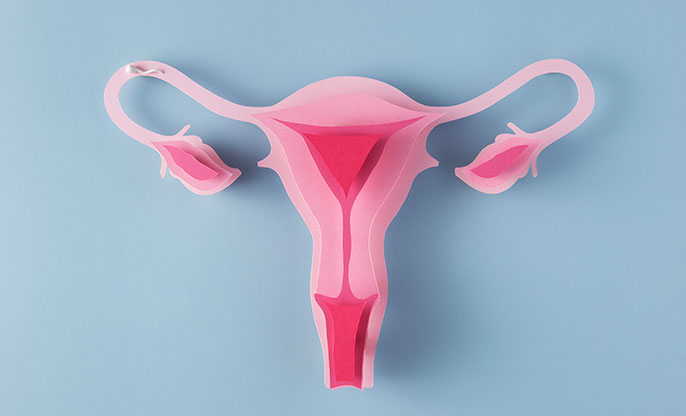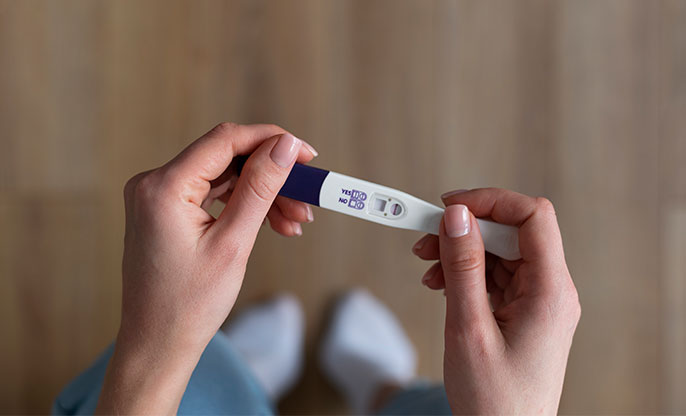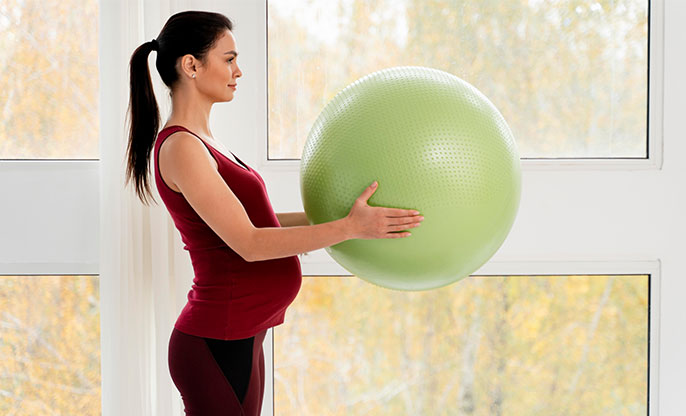
Sleep
Introduction
You've probably heard that getting a good night's sleep is important for your overall health, but what you may not know is that it's also crucial during preconception.
The better you sleep, the better your chances of getting pregnant. It's as simple as that. When you're well-rested, your body is primed for conception.
Tips to Maximize Your Sleep Quality
Set a regular sleep schedule: Go to bed and wake up around the same time each day, even on weekends or days off. This will help your body adjust and anticipate when it's time to sleep.
Create a healthy sleeping environment: Your bedroom should be as dark, quiet and cool as possible. Also, avoid using devices that emit blue light and keep electronics out of your bedroom, as the light from screens can interfere with your body's natural sleep cycle.
Exercise regularly: Exercise for at least 30 minutes each day - this can help improve your quality of sleep so don't skip it! Try doing low-intensity exercises like yoga or stretching, which are great for pregnant women.
Avoid caffeine late in the day: Caffeine is a stimulant that can stay in your system for up to 8 hours, so avoid drinking coffee or other caffeinated drinks in the afternoon or evening.
Insights
Getting enough good-quality sleep is crucial during preconception and pregnancy. Aim to get between seven and eight hours of sleep per night, and try to go to bed and wake up at the same time each day.Create a relaxing bedtime routine, and avoid caffeine and electronic screens in the hours leading up to sleep.If you're struggling to get enough sleep, talk to your doctor about strategies to improve your sleep hygiene.


































